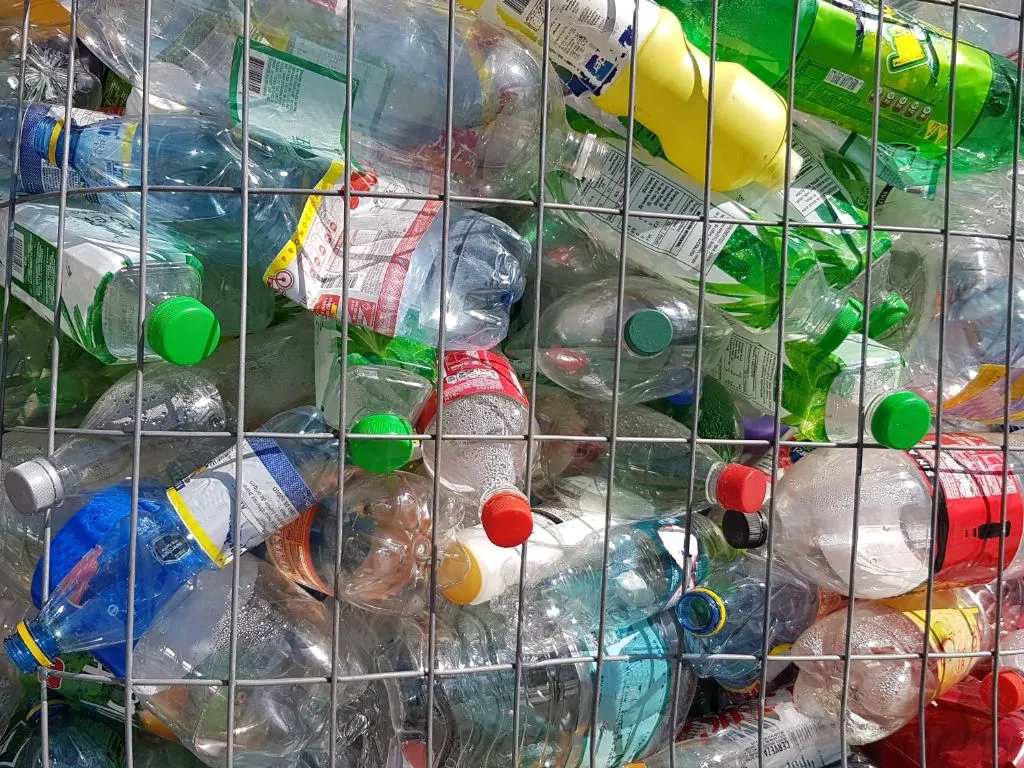News Details

Biden-Harris Administration Releases New Strategy to Combat Plastic Pollution
On July 19, 2024, the Biden-Harris Administration took a significant step to address plastic pollution by releasing a new joint strategy to combat plastic pollution entitled "Mobilizing Federal Action on Plastic Pollution: Progress, Principles, and Priorities". The strategy, developed by the Interagency Policy Committee on Plastic Pollution and a Circular Economy (IPC), outlines ongoing and proposed federal actions to combat plastic pollution throughout its lifecycle, from raw material extraction to waste management. It emphasizes the elimination of single-use plastics, with the goal of phasing out federal procurement of such items by 2027 and from all federal operations by 2035.
The strategy focuses on 1) progress made in combating plastic pollution, 2) five guiding principles for federal actions, and 3) priority actions to address plastic throughout its lifecycle.
Progress:
Recent EPA regulations on plastic production support the broader strategy to reduce pollution and protect vulnerable communities. Executive Order 14057 aims to eliminate single-use plastics from federal operations by 2035, significantly reducing demand. The federal government is also targeting single-use plastics through procurement policies, with Secretary Debra Haaland's Order 3407 phasing them out by 2032. The Save Our Seas 2.0 Act will improve waste management infrastructure, while the National Oceanic and Atmospheric Administration’s (NOAA) $70 million funding and the U.S. Agency for International Development’s (USAID) Save Our Seas Initiative focus on marine debris cleanup and international efforts.
Principles:
The strategy focuses on building partnerships across all levels of government to address plastic pollution throughout its lifecycle. It prioritizes environmental justice, respects tribal sovereignty by incorporating indigenous knowledge, uses the best available science to guide decisions and updates, and strengthens federal interagency coordination.
Priorities:
- Assess and Reduce Pollution from Plastic Production:
- Review and update rules, guidance, labeling, or policies under key legislation such as the Clean Air Act, Clean Water Act, and Occupational Safety and Health Act to address pollution from plastics, polymers and related chemicals.
- Use federal resources to collect and analyze data on plastic pollution volumes, effects, and prevention methods.
- Innovation in Materials and Product Design:
- Promote research, development, and deployment activities associated with reuse, recycling, and other circular solutions for products reaching the end of their primary use.
- Encourage alignment with and acceptance of international standards (e.g., International Organization for Standardization (ISO) and ASTM International) for performance or design criteria, labeling and recycling specifications for plastic products, both in the U.S. and globally.
- Decrease the Generation of Plastic Waste:
- Assess the extent of plastic use in federal operations and identify where alternatives are available.
- Develop strategies to replace, reduce, and phase out unnecessary plastic products, including addressing single-use plastics and updating procurement policies.
- Launch a nationwide public awareness campaign to educate Americans on plastic pollution, management, alternatives, and reduction actions.
- Improve Environmentally Sound Waste Management:
- Support the development, deployment of, and investment in technologies and infrastructure for plastic waste collection, recycling, disposal, source separation, and industrial composting.
- Identify and measure pathways by which plastic pollution enters and persists in the environment.
- Examine and improve U.S. exports of plastic waste and scrap to prevent it from becoming plastic pollution.
- Explore potential ways to illustrate support for U.S. ratification of the Basel Convention on the Control of Transboundary Movements of Hazardous Wastes and their Disposal.
- Inform and Conduct Capture and Removal of Plastic Pollution. The final stage of action addresses existing plastic pollution in terrestrial and aquatic ecosystems:
- Develop standardized methods for the collection, extraction, quantification, and physical and chemical characterization of microplastics and nanoplastics.
- Support the removal and proper disposal of marine debris, plastic pollution and derelict fishing gear.
- Share and deploy best practices, policies, guidance, lessons learned and technologies for trash interception.
We acknowledge that the above information has been compiled from The White House.

 Twitter
Twitter
